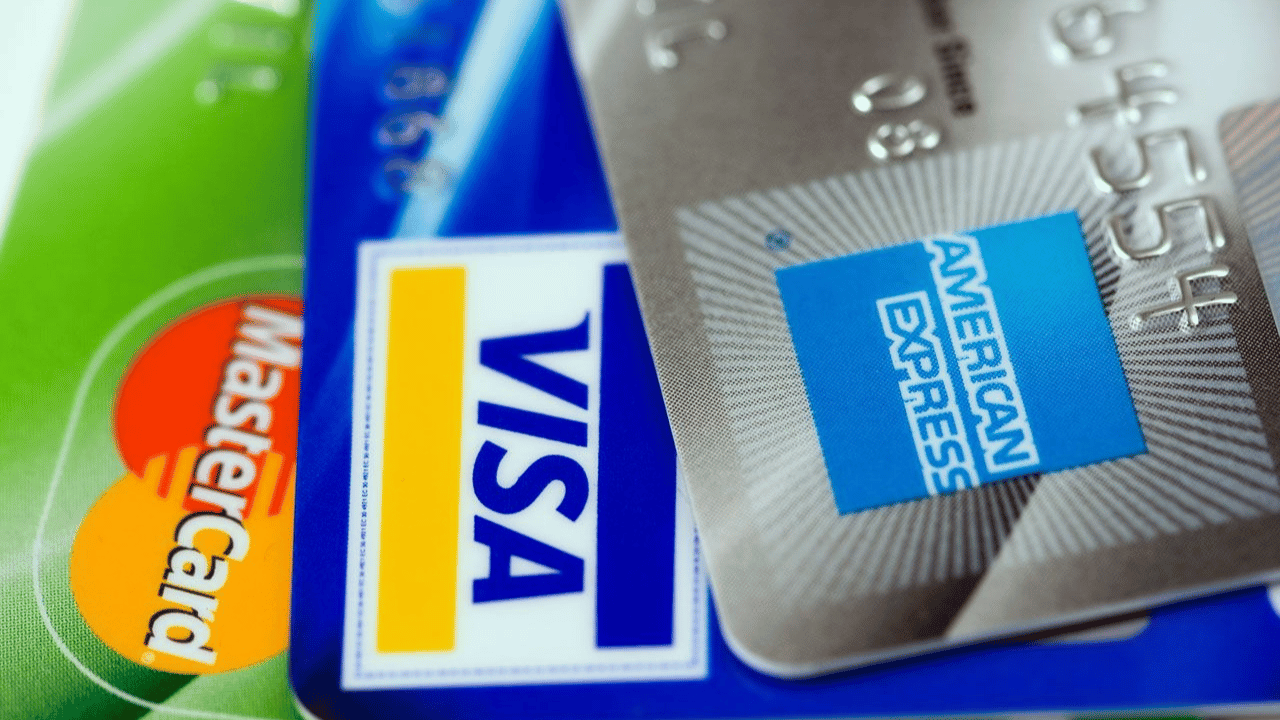How to freeze your credit
In today’s digital age, protecting your financial information and identity is of paramount importance. Freezing your credit is a powerful tool to prevent unauthorized access to your credit reports and stop potential identity thieves in their tracks. In this guide, we’ll explore the essential steps to freeze your credit and enhance your financial security.

Understanding Credit Freezes :
A credit freeze is a security measure that restricts access to your credit reports. When your credit is frozen, creditors and lenders can’t view your credit history, making it challenging for anyone to open new accounts or lines of credit in your name. This proactive step adds an extra layer of security to your personal and financial information.
Why Freeze Your Credit? :
There are several compelling reasons to freeze your credit
Identity Theft Protection :
Credit freezes can safeguard your financial identity by preventing fraudsters from opening new accounts or loans in your name.
Security During Data Breaches :
If your personal information is compromised in a data breach, freezing your credit can mitigate the risk of identity theft.
Peace of Mind :
Knowing that your credit is frozen can provide peace of mind, reducing the chances of becoming a victim of financial fraud.
Steps to Freeze Your Credit :
Freezing your credit is a straightforward process that involves the following steps
Contact the Credit Bureaus :
Reach out to the three major credit bureaus—Equifax, Experian, and TransUnion. You can typically request a credit freeze online, by phone, or through the mail.
Provide Your Information:
You’ll need to provide personal information to confirm your identity, including your name, Social Security number, birthdate, and address.
Receive Confirmation :
After placing the freeze, the credit bureaus will provide a unique PIN or password. Keep this information safe, as you’ll need it to lift the freeze when necessary.
Monitor Your Credit :
While your credit is frozen, you can still access your own credit reports. Regularly review your reports for any suspicious activity
The Cost of Freezing and Unfreezing :
In the past, credit freezes often came with fees, but recent legislation has made them free in most cases. It’s also essential to note that credit freezes can be temporarily lifted when you need to apply for credit or open new accounts. This temporary “thaw” is useful when you want to apply for a loan or credit card.
Conclusion :
Freezing your credit is a proactive step to enhance your financial security and protect your personal information. By understanding the process and reasons for freezing your credit, you can reduce the risk of identity theft and enjoy peace of mind in an increasingly digital world. Don’t wait for a security breach to act; consider freezing your credit today to safeguard your financial identity and personal data.


